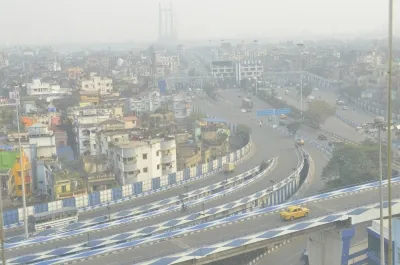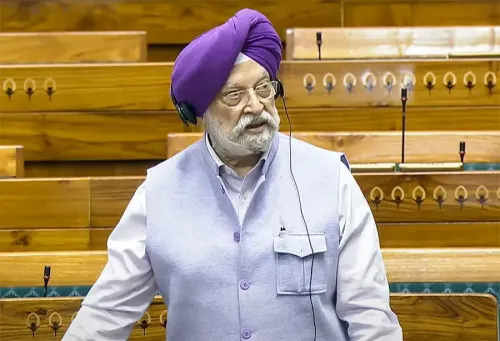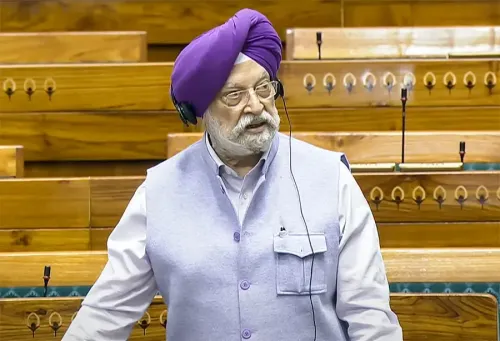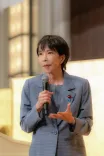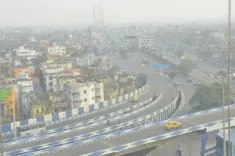Why Did the Calcutta HC Question the Centre About the Nationwide Identification of Bangladeshi Infiltrators?
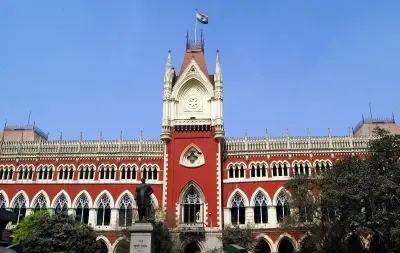
Synopsis
Key Takeaways
- Calcutta High Court questions the Union government on identification timing.
- Concerns over targeting of Bengali-speaking individuals.
- Government claims limited detentions and verifications.
- Next hearing on August 4 to further discuss the case.
- Legal implications for communities involved.
Kolkata, July 16 (NationPress) A division bench of the Calcutta High Court requested clarification from the Union government regarding the simultaneous initiation of the identification process for illegal Bangladeshi infiltrators across all states. The bench, comprising Justice Tapabrata Chakraborty and Justice Reetobrata Kumar Mitra, inquired about the specific choice of June this year for this nationwide endeavor.
Additionally, the bench raised concerns over allegations that Bengali-speaking individuals were targeted indiscriminately during this identification process. These observations were made during a joint hearing of two petitions that claimed Bengali-speaking people were being unfairly singled out in states beyond West Bengal.
One petition highlighted alleged harassment of Bengali-speaking residents in Delhi, while the other focused on similar occurrences in Odisha. In one of the cases, Deputy Solicitor General Dhiraj Trivedi explained that the identification process was initiated following the Pahalgam terror attack, involving scrutiny of individuals exhibiting suspicious behavior.
Trivedi refuted claims of selective targeting, stating, “A total of 125 individuals were detained for verification, out of which five were repatriated to Bangladesh after confirming their citizenship. The remainder were released.”
In the other instance, Additional Solicitor General Asok Kumar Chakraborty questioned the jurisdiction of the Calcutta High Court, as a similar petition was already filed at the Delhi High Court prior to approaching the Calcutta HC.
The Additional Solicitor General contended that this situation could mislead the Calcutta High Court since the same issue shouldn’t be addressed by two High Courts simultaneously. The division bench expressed concern over this duplication and mandated the Union government to submit a comprehensive affidavit by July 28.
The next session for the case has been set for August 4.


